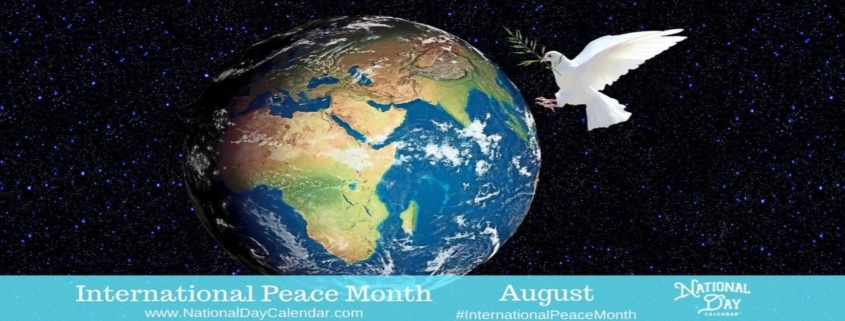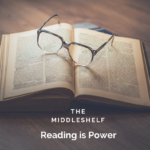The Middle Shelf: Part 15- A CGC Guide to Finding Common Ground through Reading
Hello Middleshelfers, Happy weekend.
August is International Peace Month and should not be confused with International Peace Day which is held every year in September, each having a different impetus for their creation. International Peace Month was formed in 1926 as a way to remember the causes and outcomes of World War I We regularly note that the road to common ground can and must benefit from looking back to where we have been so as to learn how we wound up where we are now and how best to take lessons from our history.
Given that August is International Peace Month this week’s book recommendations look back at World War I. The declaration as Peace Month was made at the Fifth International Democratic Peace Conference attended by over 4,000 delegates. Held at Rheims, site of some of the greatest losses of the War, a quarter of the delegates were of German descent, and those present votes to encamp at battlefields across France to concentrate on how to achieve international peace.
But, as Time Magazine which covered the Conference, later wrote:
To that end, Time created a reading list about World War I to help those who served and later generations come to terms with the War and the aftermath as peace has remained elusive. Below is their list and comments:
- All Quiet On the Western Frontby E.M. Remarque is a novel about the effects of the war on the men fighting it.
- Paths of Gloryby Humphrey Cobb is a novel about corruption and injustice in the military. This piece of literature later became the basis for Stanley Kubrick’s classic film Paths of Glory.
- The Great War And Modern Memoryby Paul Fussell was a study of how the war changed Western culture.
- The Guns of Augustby Barbara Tuchman is a poignant story of how the war started.
- Johnny Got His Gunby Dalton Trumbo is a graphic look at the horrors of war told through the perspective of one soldier, the ultimate victim.
Another worthwhile and more expansive list can be found at BookBrowse that explained the necessity of reading about the War:
It is also worth noting that 2018 is the Centennial of the end of World War I, and while there will be many international commemorations of what was once called the “Great War” or “war to end all wars”, we remain a world that still is not at peace. Peace, like common ground, requires compassion, negotiations, and thoughtful discourse. Take some time to read, reflect and remember.





